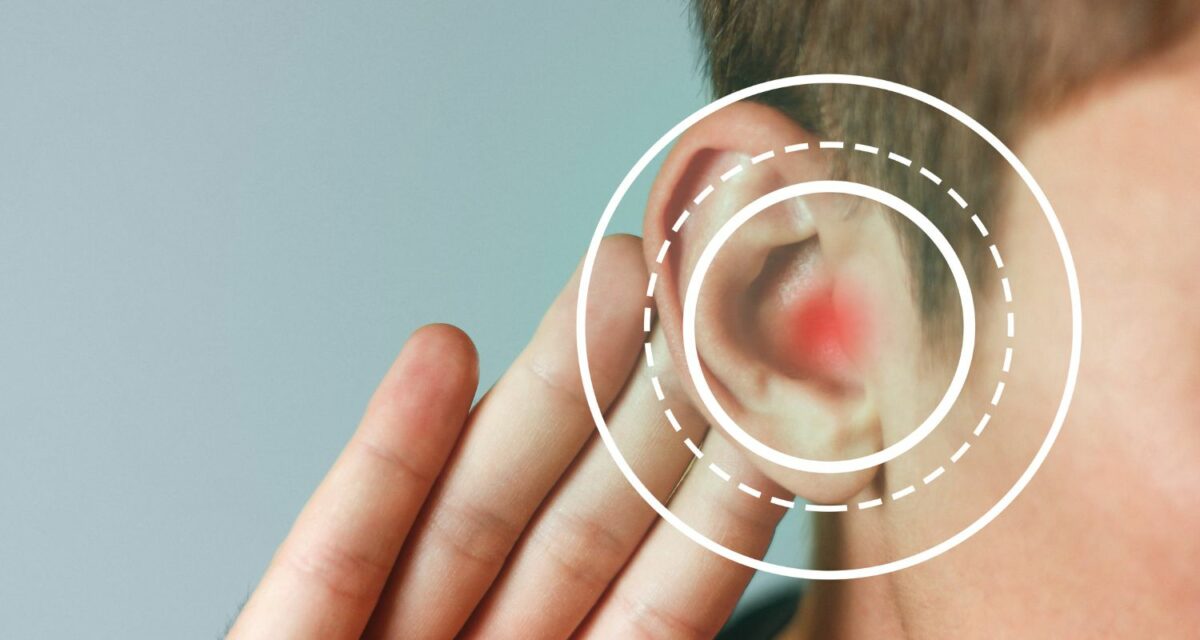
To Hear for Life, Listen with Care – World Health Org Announces International Safe Listening Standards
We live in a noisy world—so loud that we may not even notice. However, whether we know it or not, the more often we are exposed to noise, the more at risk our hearing is. The loudness or pressure of sound is measured in decibels (dBA). The Environmental Protection Agency (EPA) reports that any prolonged exposure to sounds above 70 dBA or more can cause hearing damage and chronic stress, increasing the risk of hypertension, heart attack and stroke.
Sounds at this level are considered noise pollution and while the EPA has set standards for industrial zones to cap out at 75 dBA during the day and 70 dBA at night, many low-income residents can often find themselves uncomfortably too close to these locations as they overlap with urban and residential areas. To better control sound levels in our world, the World Health Organization has announced new international standards for safe listening.
Noise Induced Hearing Loss
While by far the most common cause of hearing loss is attributed to advanced age affecting one in three 65 and older, and half of those 75 years and above, this may be in part to noise exposure when we are younger. While a lower constant level can build up into damage due to sound pollution, higher levels can cause damage much sooner. However, it may take years for us to fully understand the scope of the damage.
In the United States, the typical work week is 8 hours or more, meanwhile some work environments such as manufacturing, law enforcement, agriculture or nightlife can expose you to levels way past safe standards increasing the risk of lasting damage. In fact it’s estimated that 22 million US workers show signs on hearing exams which note noise induced hearing loss. While OSHA (Occupational Safety and Health Administration) offers ear plugs at no cost to the employee, many don’t take advantage or wear them inconsistently.
Understanding Decibels
The louder the decibel the shorter the time it takes for damage to occur. In most instances it’s acknowledged that sounds over 85 dBA can cause damage in 8 hours. However, as the decibels increase by three the exposure time is cut in half. For instance at 88 dBA it only takes 4 hours of constant exposure and at 91 dBA it only takes 2! It is important to take note of the sources of noise in your life, as they could add up to devastating and permanent cases of hearing loss later in life, leading to issues with communication, relationships, earnings in the workplace, mental health, cognitive health, independence, mobility, and personal safety.
WHO announces new guidelines for safe listening in public venues?
The World Health Organization (WHO) estimates that 12 – 35 people worldwide are at risk of noise induced hearing damage as a result of unsafe listening levels through headphones connected to personal listening devices and entertainment venues. However as of 2022 WHO has created a new international standard for safe listening at venues and events where loud music is played
“Millions of teenagers and young people are at risk of hearing loss due to the unsafe use of personal audio devices and exposure to damaging sound levels at places like nightclubs, bars, concerts, and sporting events,” states Dr. Bente Mikkelsen, WHO Director for the Department of Noncommunicable Diseases.
WHO offers six recommendations to help protect employees and patrons alike at venues where loud music is played from noise induced hearing loss including:
- An average noise level not exceeding 100 dBA (in combination with hearing protection)
- Regular monitoring of average decibel levels to make sure it does not exceed safe listening levels.
- Improve the sound quality and acoustics of sound systems to ensure safer levels of sound and reduce feedback.
- Offer and educate people about personal hearing protection at entertainment venues
- Create quiet places for patrons and employees where they can take listening breaks to reduce the risk of hearing damage.
- Provide staff information and education on noise induced hearing loss
Schedule a Hearing Exam
Do you suspect you have hearing loss? You may not even know it. We recommend testing for hearing annually, especially if you work in a place where loud noise is a constant. Schedule a hearing exam with us today.
